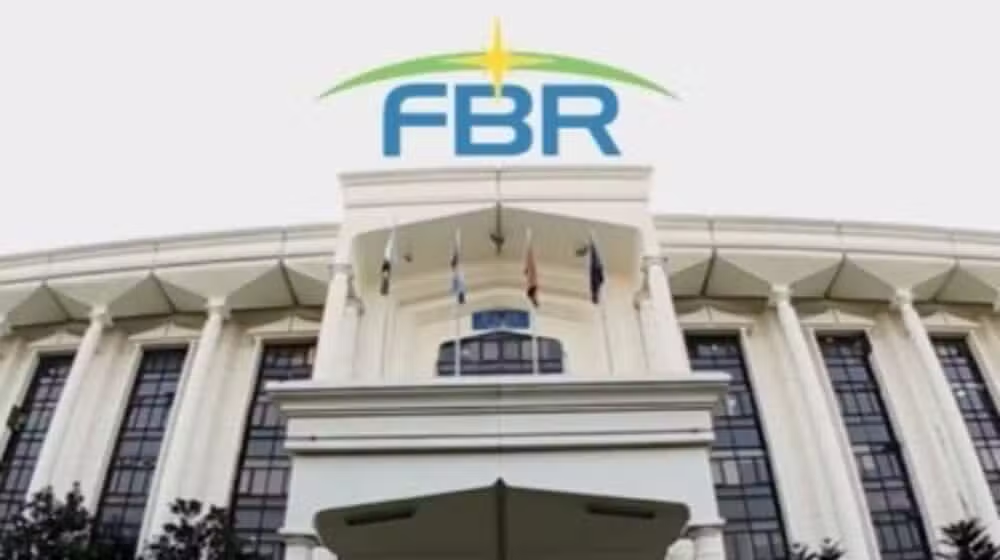 The Federal Board of Revenue (FBR) has launched an advanced Stock Register system via the Information Center 2.0 platform. This robust digital infrastructure grants tax officers real-time, in-depth access to registered persons’ data, bolstering transparency and securing compliance with Income Tax (IT) and Sales Tax (ST) regulations.
The Federal Board of Revenue (FBR) has launched an advanced Stock Register system via the Information Center 2.0 platform. This robust digital infrastructure grants tax officers real-time, in-depth access to registered persons’ data, bolstering transparency and securing compliance with Income Tax (IT) and Sales Tax (ST) regulations.
The Stock Register within Information Center 2.0 functions as a sophisticated management information and reporting system, empowering tax officers to securely retrieve detailed stock data to facilitate precise tax assessments and mitigate the risk of tax evasion.
The system centralizes taxpayer profiles, offering thorough views of IT & ST filing histories, summaries, and authorized representative profiles. This integrated access is further strengthened by tax and declaration comparisons, providing comprehensive oversight capabilities. By meticulously recording stock movements capturing essential details such as quantities, valuations, and transaction dates, the system enables tax officers to enforce regulatory compliance and validate accurate stock and compliance reports.
The Information Center 2.0 portal enhances FBR’s capacity to strengthen the national exchequer. The platform integrates diverse data streams, including ST annexures, Customs import details, and reports on taxpayers as withholdees and withholding agents, establishing an efficient and holistic framework for tax oversight. Accessible exclusively through the IRIS tax officers’ platform at FBR field formations, Information Center 2.0 features advanced filters and search functionalities, enabling swift data retrieval to support compliance and precise assessments.
This initiative, aligned with FBR’s commitment to modernization, represents a pivotal advancement in tax collection efforts, striking a balance between efficient revenue generation and sustaining economic growth.
It fosters robust reporting, minimizes tax evasion, and strengthens resource and financial management across the business landscape, ensuring adherence to tax regulations through a centralized and transparent data ecosystem.






